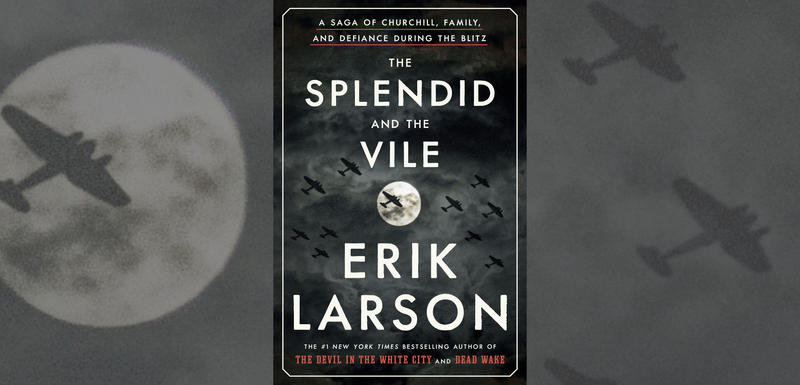
In propaganda films, the making of tea became a visual metaphor for carrying on. Mobile canteens dispensed gallons of it, steaming, from spigots. Tea bolstered the network of thirty thousand observers who watched for German aircraft over England, operating from one thousand observation posts, all stocked with tea and kettles. People made tea during air raids and after air raids, and on breaks between retrieving bodies from shattered buildings. It was the thing that helped people cope. “The one universal balm for the trauma of war was tea. The Splendid and the Vile: A Saga of Churchill, Family, and Defiance During the Blitz President,” Churchill said, “I have nothing to hide.” “We’re quite alone.” The president offered what Thompson called an “odd shrug,” then wheeled himself in. “Winston Churchill was stark naked, a drink in one hand, a cigar in the other.” The president prepared to wheel himself out. Thompson opened the door wide, then saw an odd expression come over the president’s face as he looked into the room behind the detective. At Churchill’s direction, Thompson answered and found the president outside in his wheelchair, alone in the hall.

The first night Churchill and members of his party spent in the White House, Inspector Thompson-also one of the houseguests-was with Churchill in his room, scouting various points of danger, when someone knocked at the door.

Roosevelt, in turn, got a close-up look at Churchill. “Churchill stayed at the White House, as did secretary Martin and several others, and got a close-up look at Roosevelt’s own secret circle.


 0 kommentar(er)
0 kommentar(er)
